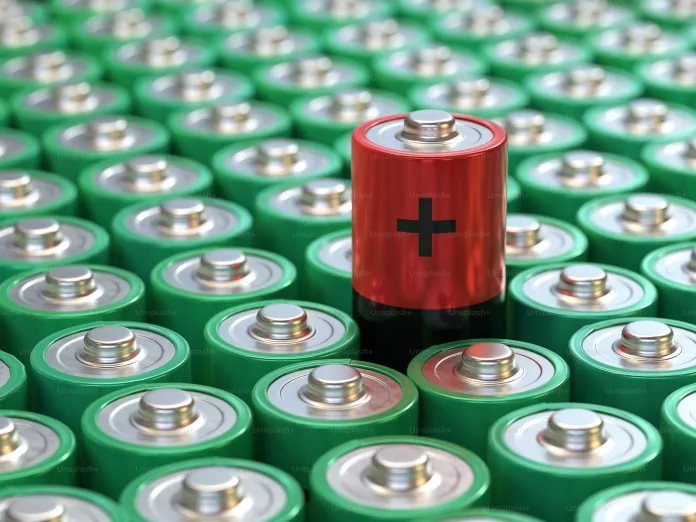Magnesium batteries, expected to be a key to the future of energy storage, may play a pivotal role in advancing electric vehicles and the implementation of renewable energies. Their development, which is cost-effective and benefits from a stronger supply chain compared to lithium-ion batteries, is crucial for efficient, large-scale energy storage. However, the journey towards mainstream usage is paved with technological hurdles that scientists are diligently striving to overcome. Some recent progress points to a promising direction in making magnesium batteries more viable.
Breakthrough in Combating Dendrites
For years, the potential of magnesium batteries has excited scientists, but certain setbacks have reduced their visibility within the tech world. A significant issue has been the dendrite problem, leading to safety concerns and reduced lifespan. These tiny, tree-like structures can cause short circuits and degrade battery performance. However, recent research spearheaded by an international team from RMIT University in Australia has made strides by developing an aqueous metal-ion energy storage solution. This water-based battery avoids the prevalent dendrite issue using bismuth-based coatings. Not only has this extended the battery’s lifespan, but it has also allowed for integration with other renewable technologies like solar panels.
The Perks of Magnesium
Despite these advancements, one may wonder why research persists with magnesium batteries when lithium-ion solutions already dominate the market. Safety is among the chief reasons: aqueous electrolytes used in magnesium batteries eliminate the risks associated with the organic electrolytes in lithium-ion batteries. Furthermore, these batteries present a greener disposal process, allowing for material reuse or recycling—a win for the environment. Material availability and lower toxicity mean manufacturing costs are reduced, and risks to human health and ecosystems are minimized. Excitingly, other research teams across the globe, such as those in Korea and China, are joining the fray with innovative formulas and breakthroughs that promise to elevate the performance of magnesium batteries even further.
Transitioning to Greener Energy with Magnesium
The quest for more sustainable battery solutions is intimately linked with the global push for decarbonization. As the energy storage landscape diversifies to encompass broader applications, new challenges related to costs, supply chains, safety, and longevity emerge. Experts like Argonne National Laboratory chemist Brian Ingram assert the necessity for a range of battery technologies, allowing for an adaptable market and more resilient material supplies. Magnesium batteries, with their potentially higher energy density due to their double electron discharge, are prime candidates for heavy-duty transport applications.
Solid-State Magnesium Batteries on the Horizon?
Amid these developments, the concept of a quasi-solid-state magnesium-ion battery has also surfaced. A research team at the University of Hong Kong has introduced a novel “polymer-enhanced” electrolyte that catapults their battery’s performance closer to that of traditional lithium-ion batteries while preserving the benefits of safety and cost-efficiency. This leap goes beyond magnesium, potentially influencing other earth-abundant battery materials such as zinc-ion and aluminum-ion batteries.
Don’t Overlook Manganese in the Electric Revolution
While magnesium is making waves, manganese-based batteries shouldn’t be overlooked. Despite the phonetic resemblance, they represent a distinct category of elements and hold their own promise in the realm of advanced battery technology.
The electric future seems to be rapidly unfolding, with magnesium and manganese batteries both vying for a spot in a cleaner, more sustainable world. The advancements in these fields are not just milestones for the scientific community but are pivotal steps towards a decarbonized planet supported by reliable, efficient energy storage systems.


























